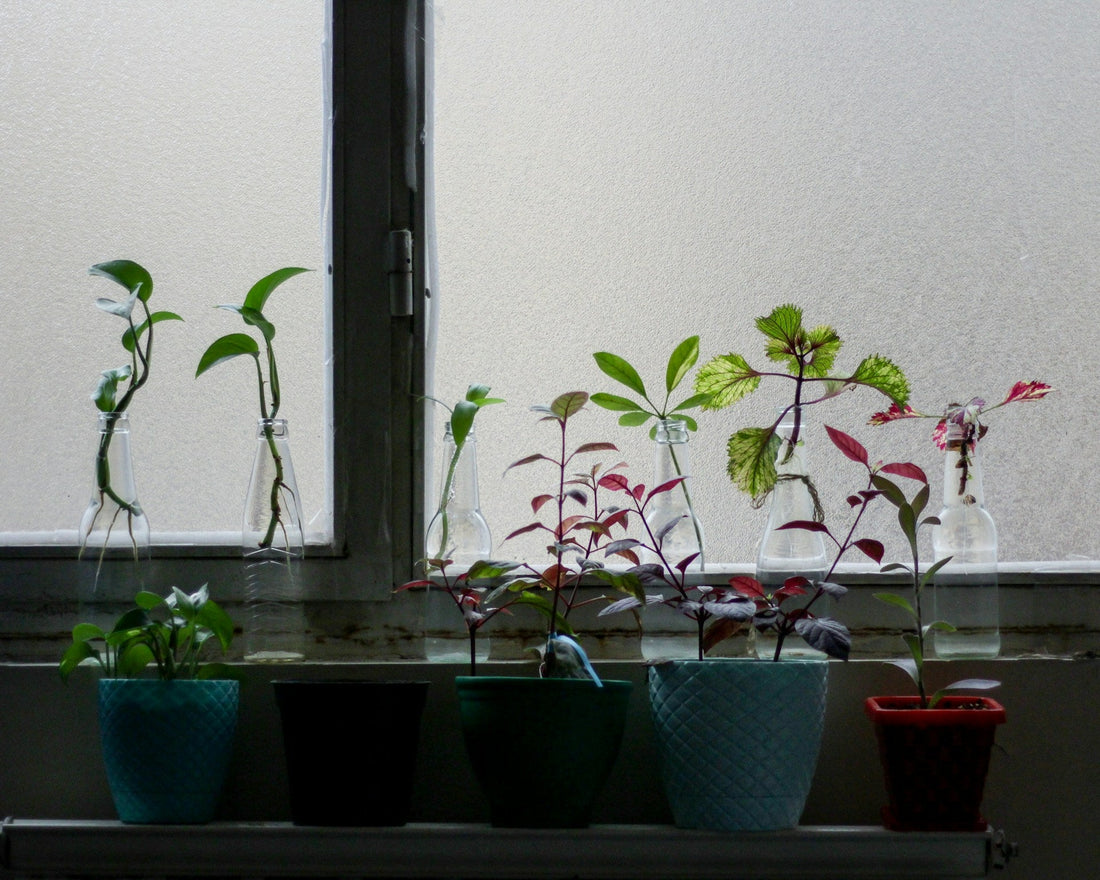
The Benefits of Companion Planting in Your Garden
Share
Boost Growth, Protect Plants, and Maximize Your Garden's Potential
Companion planting is an age-old gardening technique where certain plants are grown together to enhance growth, improve flavor, and protect against pests. By understanding which plants complement each other, gardeners can create a healthier, more productive garden without relying heavily on chemical fertilizers or pesticides.
🌿 Why Companion Planting Works
-
Natural Pest Control: Some plants repel harmful insects or attract beneficial insects that prey on garden pests.
-
Improved Growth and Yield: Certain plant pairings enhance nutrient uptake, promote root development, or provide natural shade and support.
-
Soil Health: Companion plants can improve soil fertility by fixing nitrogen or preventing erosion.
-
Biodiversity: A mix of plants attracts pollinators, reduces disease spread, and creates a balanced ecosystem.
🌱 Classic Companion Planting Examples
1. Tomatoes and Basil
-
Basil repels tomato hornworms and improves tomato flavor.
-
Tomatoes provide partial shade to basil in hot climates.
2. Carrots and Onions
-
Onions deter carrot flies.
-
Carrots break up the soil, allowing onion bulbs to develop properly.
3. Cucumbers and Nasturtiums
-
Nasturtiums attract aphids away from cucumbers.
-
They also attract pollinators, improving cucumber yield.
4. Corn, Beans, and Squash (The Three Sisters)
-
Corn provides a natural trellis for beans.
-
Beans fix nitrogen in the soil to nourish corn and squash.
-
Squash spreads along the ground, suppressing weeds and retaining moisture.
5. Marigolds with Almost Anything
-
Marigolds repel nematodes and many common pests.
-
Their vibrant flowers also attract pollinators, enhancing overall garden health.
🌿 Tips for Successful Companion Planting
-
Plan Your Garden Layout: Know the space each plant needs and which plants benefit each other.
-
Rotate Crops: Avoid planting the same plant in the same spot year after year to prevent soil-borne diseases.
-
Mix Flowers and Vegetables: Pollinator-friendly flowers boost fruit and vegetable production.
-
Observe and Adjust: Every garden is unique—experiment with different pairings and note the results.
✅ Benefits You’ll Notice
-
Reduced Pests Naturally: Less need for chemical pesticides.
-
Healthier Plants: Improved growth, flavor, and resilience.
-
Eco-Friendly Gardening: Enhances biodiversity and soil health.
-
Higher Yields: Strategic planting increases productivity in limited spaces.
By using companion planting in your garden, you can create a thriving, sustainable, and beautiful garden ecosystem that works with nature rather than against it. Not only will your plants benefit, but you’ll enjoy a more vibrant and productive gardening experience.
